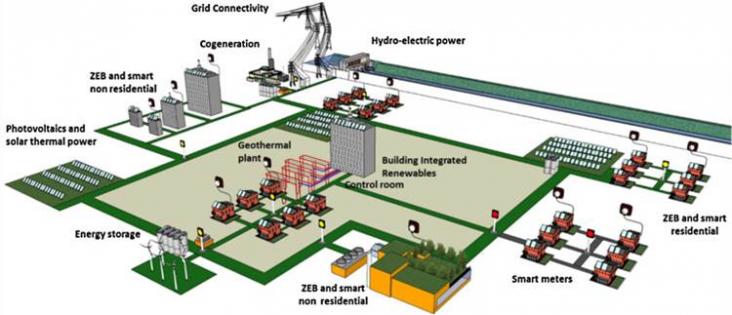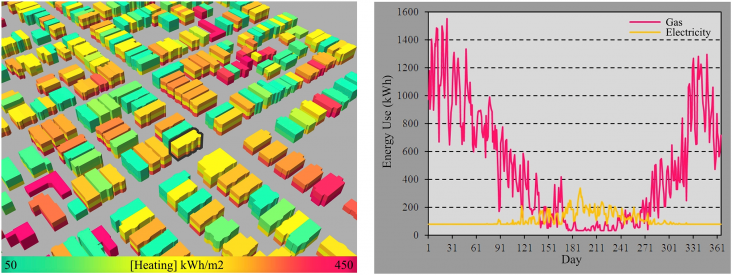Transportation geotechnics associated with constructing and maintaining properly functioning transportation infrastructure is a very resource intensive activity.
Energy geotechnics involves the use of geotechnical principles to understand and engineer the coupled thermo-hydro-chemo-mechanical processes encountered in collecting, exchanging, storing, and protec
Global and regional health effects of future food production under climate change: A modelling study
Background One of the most important consequences of climate change could be its effects on agriculture.
The internal combustion engine (ICE) does not efficiently convert chemical energy into mechanical energy. A majority of this energy is dissipated as heat in the exhaust and coolant.
Studies of waste-to-energy systems have applied a varying range of indicators to assess their sustainability.
Effective implementation of rules on reduced emission from avoided deforestation and forest degradation (REDD.

The smart grids are modern electric power grid infrastructure for enhanced efficiency and reliability through automated control, high-power converters, modern communications infrastructure, sensing
This book chapter advances SDGs 3 and 13 by discussing the public health preparedness aspects of preparing for and recovering from severe winter storms.
This book chapter advances SDGs 3 and 13 by explaining the factors contributing to wildfire morbidity and mortality.

Over the past decades, detailed individual building energy models (BEM) on the one side and regional and country-level building stock models on the other side have become established modes of analysis
